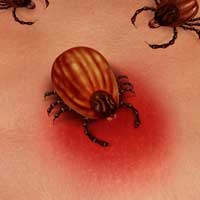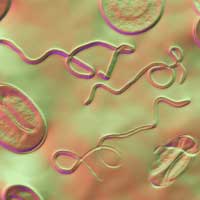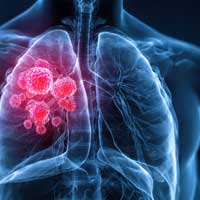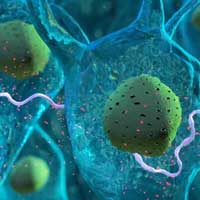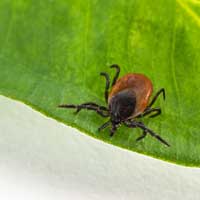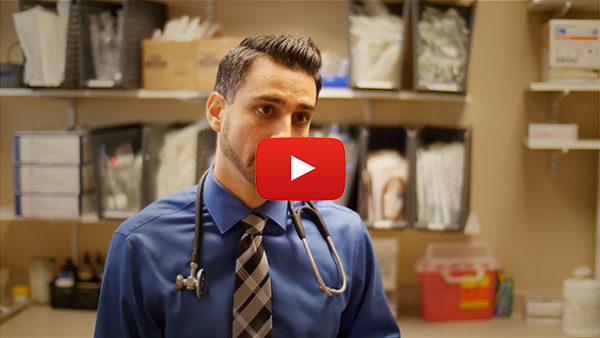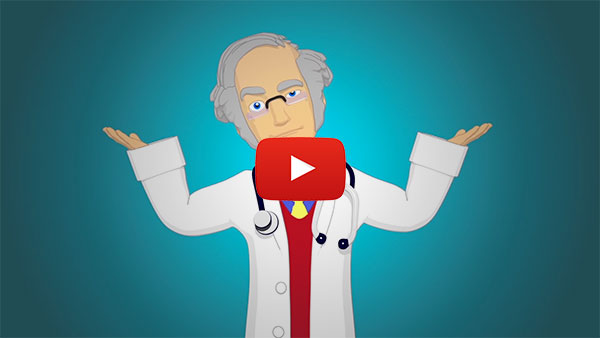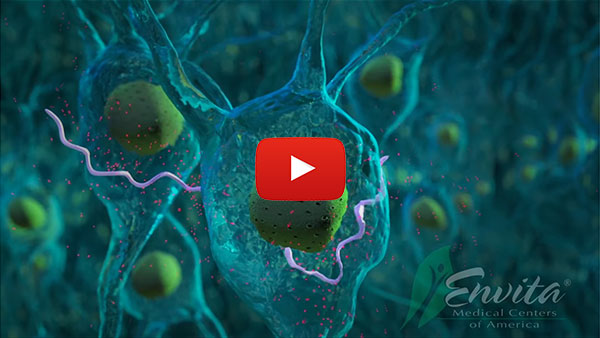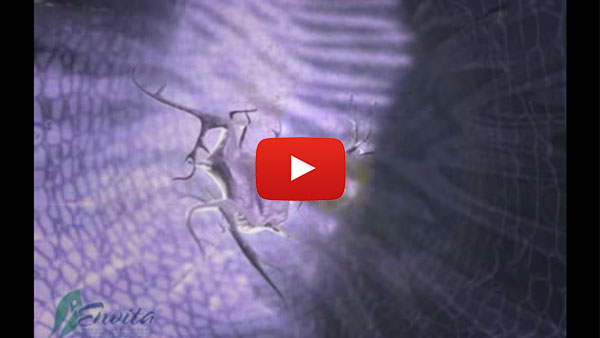Dangerous Tick-Borne Virus Powassan Explodes in the US
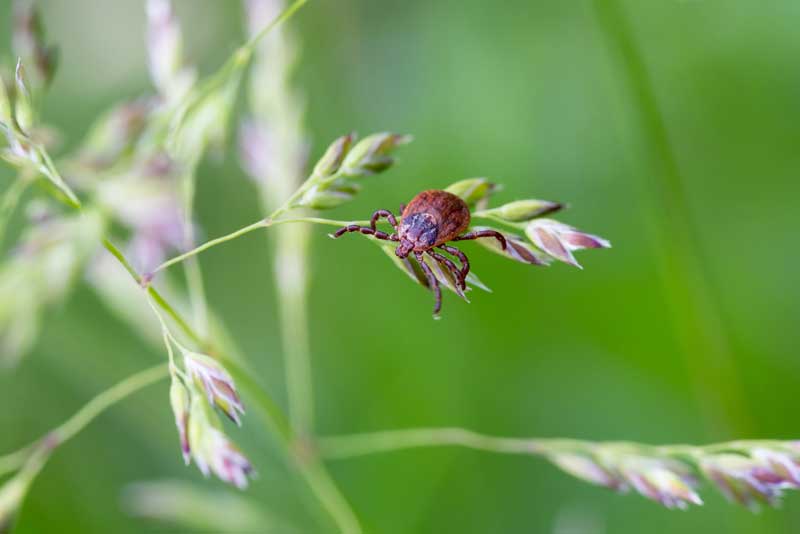
A deadly virus, Powassan, is gaining attention as one of the more severe Lyme disease co-infections transmitted via tick bites. Lyme disease is typically transmitted with co-infections but this emerging virus is proving to be particularly dangerous with more cases being recently reported in the Northeastern United States and Great Lakes area. The first recorded cases have been published in many states in the last decade, suggesting that Powassan is on the move. Minnesota, New Hampshire and Virginia have seen their first Powassan infections in the past seven years, and Connecticut had its first victim, a defenseless five-month-old baby, diagnosed with the deadly Powassan virus this year [2]. Thankfully the child is alive but could possibly have irreversible brain trauma [2]. Powassan is transmitted to humans by tick bites. In the past, Powassan had been relatively unheard of with less than ten cases a year in the United States. However, with two consecutive warm winters, tick populations have exploded and both Lyme and Powassan infections are predicted to increase dramatically. In the standard model, treatment of Lyme disease is focused on targeting the Lyme bacteria singularly by treating with oral doxycycline. However, this model fails to consider the multiple co-infections that may be present in the patient. Our team has been dedicated to properly treating chronic Lyme disease and know first-hand that for the patient to see improvement all existing infections must be identified and treated properly.
Powassan adds a new level of complexity to the chronic Lyme disease landscape and Powassan is a dangerous virus that in most cases does not show symptoms in those infected. However, for those who are infected with Powassan and show symptoms of Powassan, 10-15% could end in mortality with up to 50% having long-term neurological damage [1]. After being bit by a tick with Powassan the virus can be transmitted as quickly as 15 minutes; this, in comparison to Lyme disease which typically takes 24 to 48 hours of a tick being attached to transmit [2]. Common symptoms of Powassan include headaches, fever, muscle pains, flu-like symptoms, possible vomiting and sometimes a rash. Powassan symptoms usually develop within a couple weeks of being bitten. For some patients, symptoms may progress very quickly during the next couple days after a tick bite; seizures, difficulty maintaining consciousness, loss of coordination, and even trouble breathing can be experienced. Currently in the conventional model there is no vaccine and no treatment for Powassan. Studies have shown a rise in Powassan and Lyme disease in the deer population and that could mean higher infections rates for humans too. Powassan is a scary and potentially fatal virus but in conjunction with Lyme disease as one of its co-infections, it could be even more dangerous.
Chronic Lyme disease is a complicated condition that can severely inhibit the immune system. This inhibition of the immune system occurs because of Lyme and the secondary co-infections that are often transmitted in conjunction. Lyme disease and the co-infections tax and confuse the immune system, depressing it to a point where it is unable to fight back. Endotoxins, biotoxins and neurotoxins produced by the infections work to inhibit neural and hormonal signaling to try and shut down the body. These toxins can even attach to the healthy cells of patients with a risk of genomic autoimmune disease, possibly confusing the immune system into attacking itself. Essentially these toxins make the immune system go haywire. A depressed immune system can be very dangerous but if Powassan is transmitted along with Lyme disease the combination could be deadly. Almost one sixth of those who experience Powassan symptoms die, and in tandem with a depressed immune system from chronic Lyme disease complex that number could grow even higher. With the possibility of Powassan being transmitted with Lyme disease it is more important than ever that as a nation we take the CDC's lead and start to look at Lyme disease more seriously. We need to better train primary care practitioners to test for and recognize this complex collaboration of tick-borne diseases and become proactive in the fight against chronic Lyme disease.
Patient care is a priority at Envita. We have dedicated nearly two decades to developing and researching effective treatments for chronic Lyme disease. We know and understand the importance of treating all infections that may be present in chronic Lyme disease complex patients. For the last decade, we been warning about the dangers of chronic Lyme disease complex infections and the multitude of complications they can cause. It time that physicians pay attention and patients become aware of chronic Lyme disease and its co-infections, including Powassan. Patients who follow the old standard medical route for chronic Lyme disease treatment may see a short-term improvement followed by a quick relapse with symptoms returning. Powassan has become an increasingly harmful infection to be on the lookout for and could be transmitted as a co-infection of Lyme disease, increasing the dangers of an already terrifying condition. If you have any questions about chronic Lyme disease or its co-infections, you can contact us at envita.com or by calling into the center at 1-866-830-4576.










